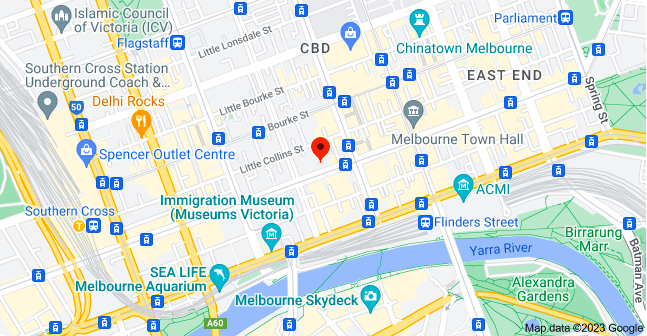Russia's full-scale invasion of Ukraine came as a shock to many but not all Western states: the Baltics and Poland have long feared that Russian assertiveness in Eastern Europe could lead to conflict in their region.
Poland and the Baltic states – Estonia, Latvia, and Lithuania – have been some of the most ardent supporters of Ukraine in its defence against Russia.
Polish and Ukrainian leaders have pledged to bolster their alliance against Russia's invasion, putting aside differences over the recent Polish blockade of Ukrainian trucks trying to enter the European Union. On 22 January, in his first visit to Kyiv since being elected prime minster of Poland, Donald Tusk described Ukraine's defensive war against the Russian invasion as a "battle" between "good and evil," adding, "Poland will do everything to increase Ukraine's chances of victory in this war. The security of the Polish nation and the Polish state is also at stake in this fight." Latvia, Lithuania and Estonia agreed on 19 January in Riga to set up a common Baltic defence zone on their borders with Russia and Belarus amid growing security concerns.
As the world heads into a year of elections, it is pertinent to ask what Western leaders can learn from the Polish and Baltic approaches to Ukraine. How do they see the conflict?
AIIA Victoria invites you to join Dr Paul Monk, recently returned from meetings in Warsaw, Vilnius and Riga, to discuss the Ukraine war as seen from Poland and the Baltic States.
To download the pdf flyer please click here.
If attending in-person please note the address:
AIIA Victoria
Suite 2, Level 13
356 Collins Street
Melbourne 3000
We gratefully acknowledge the Walter Mangold Trust Fund for their support of our young members.

